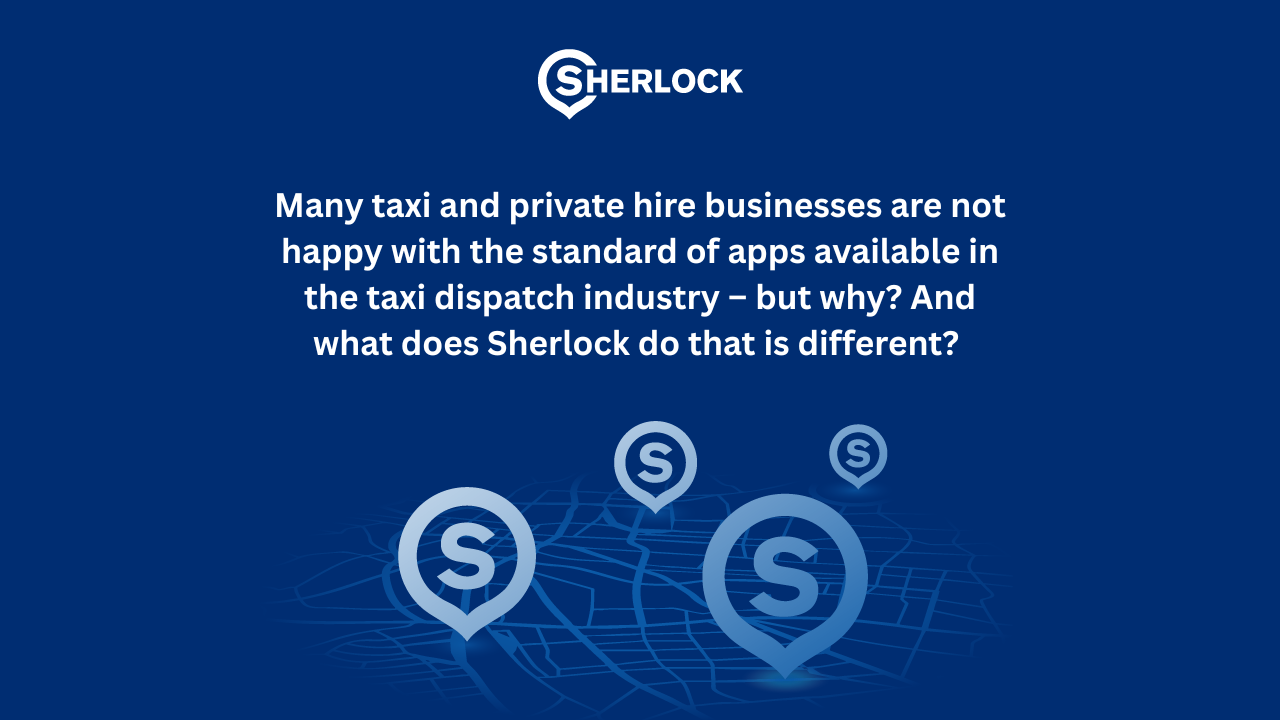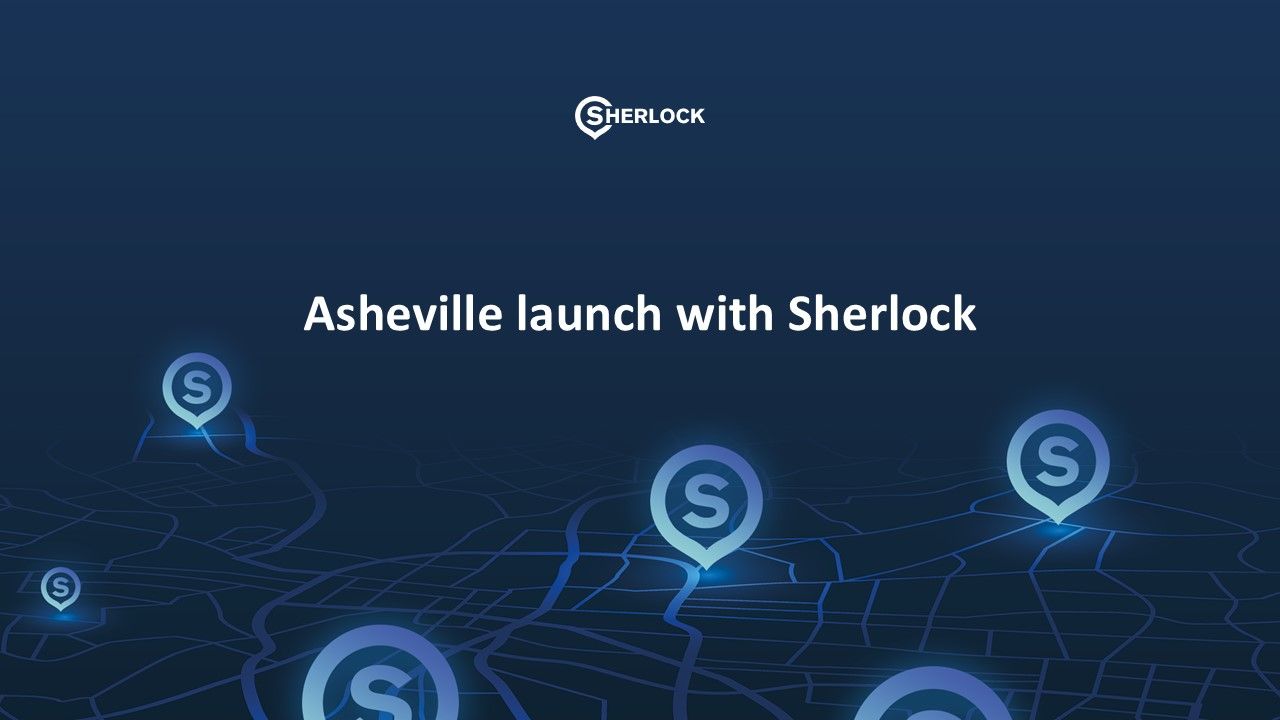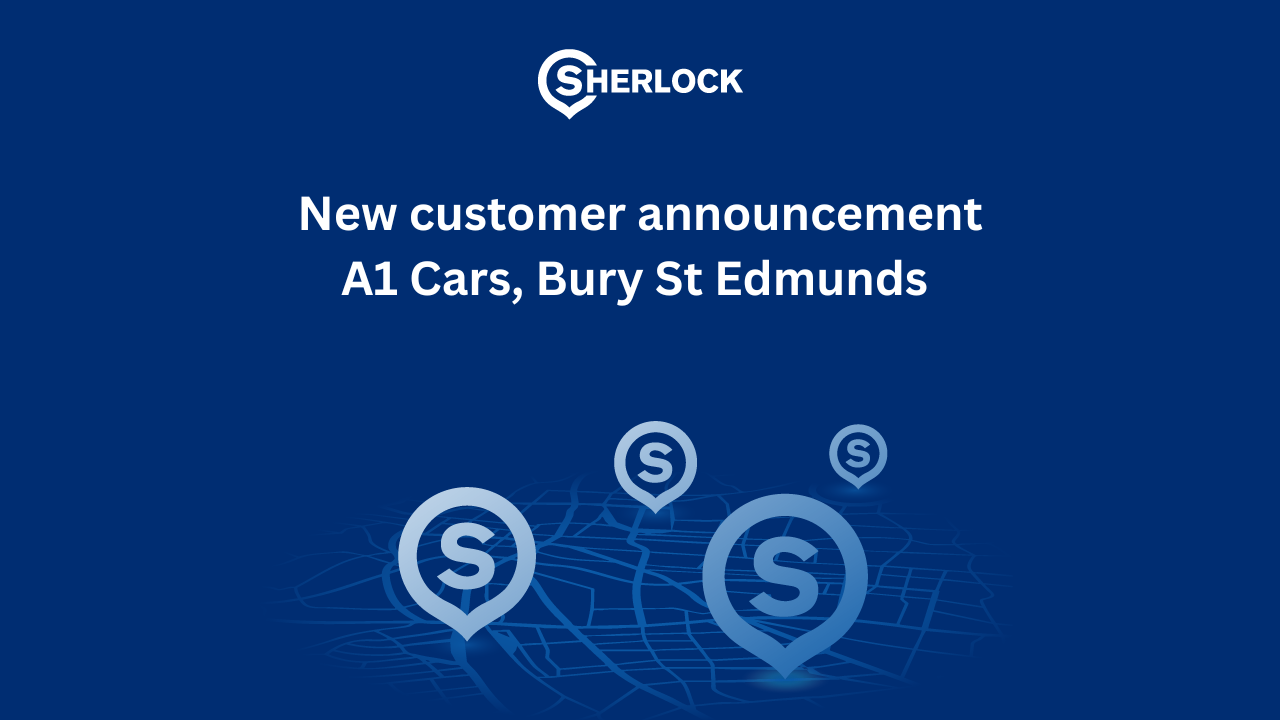No matter who you speak to in the industry right now, one of the main problems is always the same. Driver recruitment.
No matter who you speak to in the industry right now, one of the main problems is always the same. Driver recruitment. Many of our customers have told us about the problems they are having getting enough drivers to meet demand as job numbers have started increasing again following very low levels during the worst of the pandemic.
We know that when demand for taxis was very low, drivers turned to other sources of income such as courier work through parcel delivery companies/Amazon which had the inverse problem; too much work for their drivers to manage as consumers relied on online shopping more than ever before. Some drivers are choosing to continue in courier roles for reasons such as less regulatory paperwork required and insurances. This has clearly had a negative impact on private hire and taxi companies which has also been compounded by council backlogs and delays in issuing licences to potential new drivers.
We don’t want to simply give you some ideas on how to encourage driver recruitment when you are already experts in the field. What we can do is demonstrate how Sherlock can help you achieve more with the drivers you do have. The answer is twofold: Sherlock can maximise your drivers’ efficiency so you are covering more work with the same number of drivers and maximise drivers’ earnings to ensure they want to work for you - and not your competitor.
Maximising driver efficiency and increasing driver earnings
If you have a driver shortage, you need to make sure you are covering as many jobs as possible with the drivers you do have. Using the right dispatch system is vital as sophisticated, configurable and efficient allocation will allow you to complete more jobs with the same amount of drivers. Haulmont has been pioneering dispatch technology since 2008 and Sherlock’s auto-allocator has been built working with leading controllers in the industry. The allocator is continuously revised with new features added regularly to ensure that it remains the leading dispatch model on the market.
Sherlock’s allocator uses ‘best driver’ allocation - this is not to be confused with ‘closest car’ that many dispatch systems use. Closest car does exactly that, allocates to the nearest car available. Best driver includes closest car and many other variables including driver empty time. By combining multiple features and considering these against the whole fleet, the allocator can reduce dead mileage for drivers which saves on fuel expenses and makes the fleet more efficient as a whole.
There are occasions where the allocator may not be able to find a suitable driver based on the configured settings. In these instances, Sherlock uses offers and bids technology. This means that jobs can be offered to available drivers within a certain radius or drivers in that radius can bid on the work, giving drivers the opportunity to choose additional jobs that they are willing to complete to avoid sitting empty and waiting for further work. As a result, the fleet is even more efficient and drivers can maximise the number of jobs they complete and therefore how much money they earn. By ensuring your drivers can increase their earnings, you will ensure that they want to work for you and not your competitor.
Other features to note
Within Sherlock’s pricing functionality, our customers also have the option to create peak pricing rates, for example, a higher tariff at popular times of day near a train station or a higher tariff in a local park on a specific date that the park is hosting a festival. This means that fleets can choose to take advantage of times that they know will be busy, to further increase driver earnings. There is also the option to implement measures within our driver grades system to reward the best drivers by ensuring that the allocator will prioritise them for certain types of work, for example, a high value contract client.
Operators can use our driver statistics report in which you can extract data from the system which shows a breakdown of each driver, their job acceptance rate, the number of jobs they have been offered, cancelled jobs etc., to review driver performance and tweak allocation settings as required. This coupled with our full audit log of each job and how the allocator chose a driver means that you can support your drivers and give them detailed information regarding the jobs they were sent, answering any queries and eliminating any issues they may have.
When used in conjunction, these features allow Sherlock’s auto-allocator to be so efficient that jobs can be 100% automatically allocated, as is the case with our client Central Taxis in Coventry. Drivers can be confident that they are working with a business that has the technology in place to ensure they can earn a good income. During one of our most recent go lives, the operator remarked that within nine days of using Sherlock, drivers earnings had increased by 15-20% across the whole fleet in the same working hours - a testament to how Sherlock will help you maximise efficiency, your bottom line and retain your drivers.
If you would like more information on maximising productivity, profitability and driver retention with Sherlock, get in touch on 020 3214 5110 or email demo@sherlocktaxi.com.



